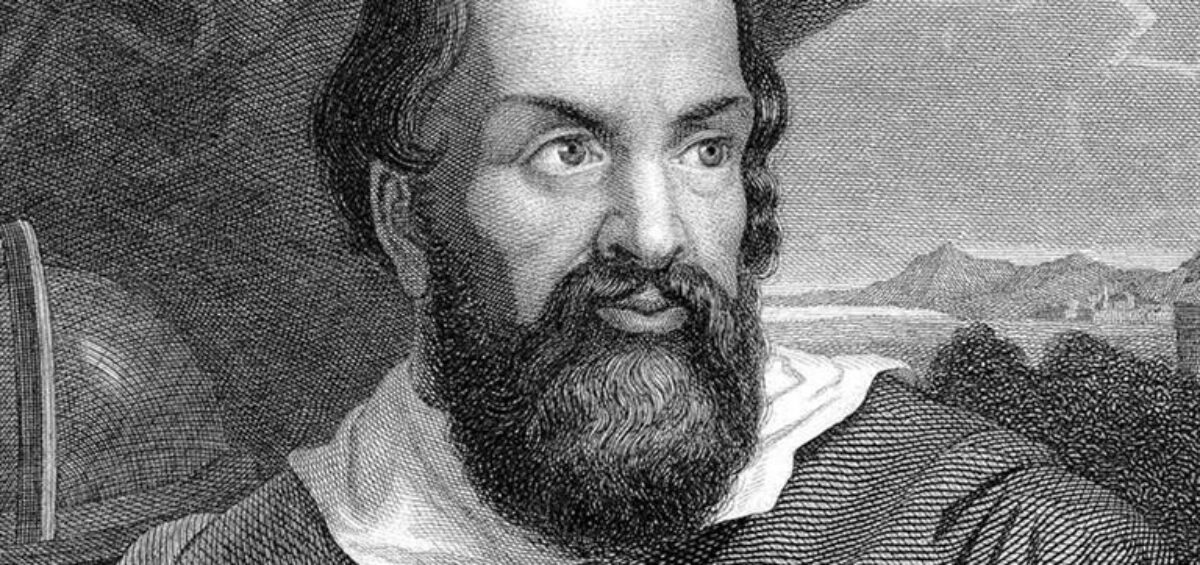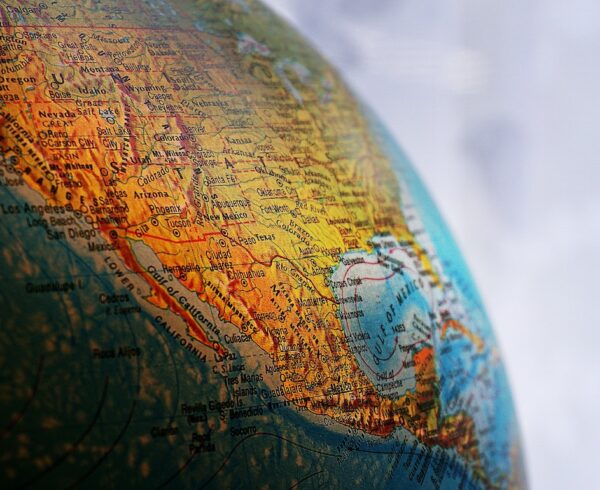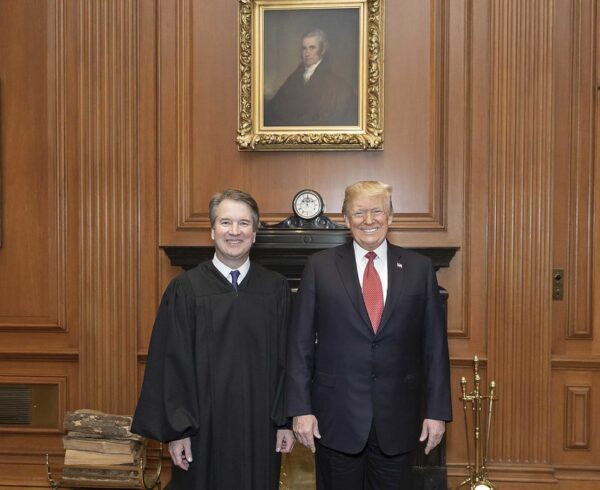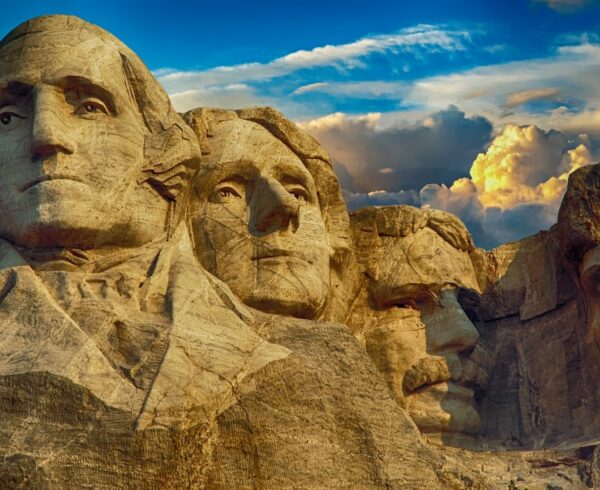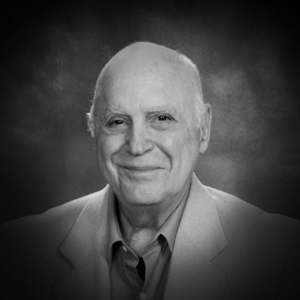Galileo Galilei (AD 1564-1642), who played a major role in the scientific revolution during the Renaissance, was an Italian astronomer, physicist, engineer, philosopher, and mathematician. He has been called the father of observational astronomy, modern physics, and science. Of his many scientific and technical contributions, he is perhaps best known today for championing the theory of heliocentrism, the heretical astronomical model in which the earth and planets revolve around the sun at the center of our solar system.
Heliocentrism contradicted geocentrism, which placed the earth not only at the center of our solar system but of the universe. In this model, all other planets and the sun revolved around the earth. At least 95 percent of scientists, most other people, and the Roman Catholic Church supported geocentrism, in part because this model was presumed to be based upon the Bible. The Roman Inquisition found Galileo “vehemently suspect of heresy,” forced him to recant his theory, and sentenced him to spend the rest of his life under house arrest.
In a very real sense, the science Galileo postulated was criminalized. We can rest assured that this criminalization meant that the sun and planets did, indeed, rotate around the earth as prevailing scientific opinion claimed. It is a well-known fact that opinion of the majority dictates scientific reality and that people who contradict, or at least question, that opinion must be criminals.
Climate Science Criminals
The hypothesized causal relationship between human-produced CO2 and global warming obviously could result in profound, even existential, threats to our environment and the survival of our species. I will not, however, discuss this relationship in this post. Rather, I am even more concerned about a current criminalization of scientists, much like what Galileo experienced. For instance, Rhode Island Senator Sheldon Whitehouse has asked the Justice Department to use the Racketeer Influenced and Corrupt Organizations Act to bring civil cases against climate dissenters, especially scientists, who question the causal relationship between human-produced CO2 and global warming. Attorney General Loretta Lynch has referred to the FBI a request from two Democratic congressmen seeking a criminal probe of Exxon for allegedly hiding the company’s own scientific data presumably supporting global warming. Democrats on Capital Hill sent letters that pressure companies to disavow the Chamber of Commerce for promoting climate heresy.
I think this form of hysteria results in large part because of ignorance concerning how astute scientists perform their tasks of acquiring and interpreting data. In this context, a statement that 95 percent of scientists agree human-produced CO2 causes global warming is not only fatuous but has no actual relevance to the issue: Recall the widespread opposition to Galileo who soon was proven correct in his support for heliocentrism.
Characteristics of Science
The following definitions intrinsic to science may help clarify how scientists go about their professions.
Science
The term, science, refers to comprehensive or extensive information on any subject but particularly in reference to the physical universe, including biological processes. To be considered a science (e.g., chemistry, biology, astronomy, physics), a body of knowledge must be based upon careful observations, controlled experiments, precise measurements, mathematics to the greatest extent possible, and replication by independent observers. Accordingly, science seeks reproducible and predictable explanations for natural events.
Scientific Method
Modern science rests upon the scientific method, which proceeds through observations of natural events and/or experimentation designed to simulate natural events under controlled conditions. That is, the scientific method incorporates an objective process to find solutions to problems in numerous scientific and technological fields. The scientific method comprises the following steps: observation, hypothesis, theory, and law.
Scientific Hypothesis
The first step in the scientific method occurs with the collection of empirical data (i.e., not suppositions or religious dictates) from careful observations of natural phenomena (e.g., astronomical observations) or from controlled experiments typically, but not always, conducted in a laboratory setting. Based upon these initial data, a model may be formulated in order to describe, in a logical fashion, what has been observed.
As more data become available, a scientific hypothesis can be formulated. This hypothesis allows predictions to be made that can be tested by further experiments or observations. Importantly, scientific hypotheses must exhibit two fundamental characteristics: (a) generation of valid predictions and (b) the capacity for falsification. In science, falsification refers to being shown to be incorrect. That is, additional data might show the hypothesis to be invalid. An hypothesis that does not allow valid predictions or that is shown to be incorrect must be discarded or, at least, modified.
Scientific Theory
A scientific hypothesis that survives extensive testing may be incorporated into the framework of a scientific theory, which generally includes more than one hypothesis to describe a large grouping of phenomena. For scientists, the term scientific theory carries markedly more weight than the term, theory, as used in the non-scientific world to imply uncertainty. A scientific theory comes from the rigorous application of scientific methodology and by no means conveys or derives from a fanciful or “blue sky” suggestion or supposition.
Scientific Law
A scientific law arises from a scientific theory shown to be valid through a large number of predictions and empirical observations. Thus, the postulate for a scientific law, always based upon empirical data and valid predictions at each stage, sequentially involves:
Observations/Model➔Hypothesis➔Theory➔Law
Characteristics of Science
The following characteristics fundamentally define science and the scientific method.
Iconoclastic
Icons are sacred religious objects or conventional presumptions in secular society such as heavier objects fall faster to earth than lighter objects when dropped from the same height. Iconoclasts are persons who break sacred objects. Scientists by temperament and training become iconoclasts because they always ask questions and question answers.
Probabilistic
Predictable events of high statistical probability, not certainty, establish scientific laws. That is, some degree of reasonable scientific doubt always exists within scientific laws. Doubt may be vanishingly small but is always present.
Temporal
Scientific hypotheses, theories, and laws exist in the present moment and must be changed upon collection of valid contrary data. The temporal nature of scientific conclusions perplexes, even frustrates, many non-scientists who wish for certainty at all times.
Self-Correcting
By its very nature, science is remarkably self-correcting. If intentional or unintentional errors arise in science, the scientific method eventually will reveal and correct them. This self-correcting characteristic explains in part why scientists consider reproducibility a requisite feature in assessing scientific conclusions.
Devoid of Ethical, Moral, Religious or Mystical Content
Science deals only with objective data that can be quantified. No reason exists to write divine or popular non-scientific influence into any equation, hypothesis, theory, or scientific law.
Rational Opposition Does Not Mean Criminality
The above discussion should show that rational opposition based upon scientific methodology does not mean criminality. Furthermore, data-driven opposition to majority scientific opinion should not imply criminal behavior as occurred with Galileo.
Some scientists and non-scientists have, in the best circumstances and with the best motives, gathered and interpreted available data to generate hypotheses supporting the concept that global warming poses an existential threat to humanity. Similarly, many of these well-intentioned individuals maintain that human-produced CO2 plays a primary causal role in global warming. Such hypotheses may prove correct. In the interim, scientists and non-scientists who hold contrary opinions based upon differing interpretations of the available data should not be labeled as criminals or held in contempt, especially concerning the role of human-produced CO2 in global warming.
I recognize the threat of global warming and the role of human-produced CO2 may be rightfully perceived as too serious to wait for the availability of newer and more crucial data before we undertake remedial action. However, these proposed remedial actions, as costly and life-altering as they may be, have taken on many of the aspects of messianic fervor that lie outside the scientific realm. We need to have intelligent discussions about global warming and CO2 from scientists on both sides of the issue, including “criminalized scientists,” before we rush into expensive remediations that may well be ineffective in slowing or blunting global warming.
